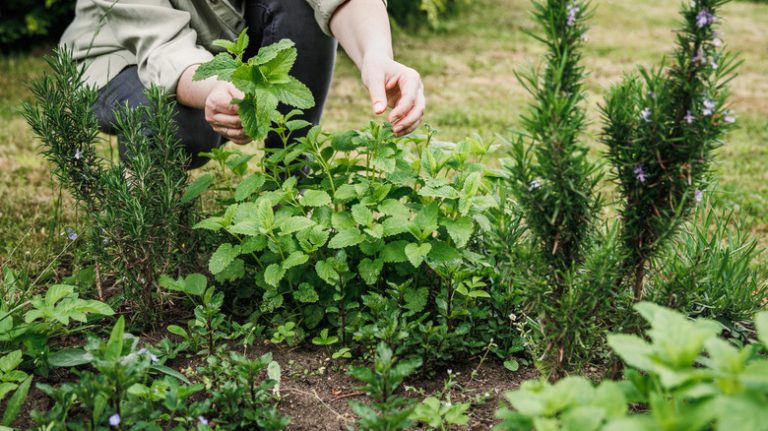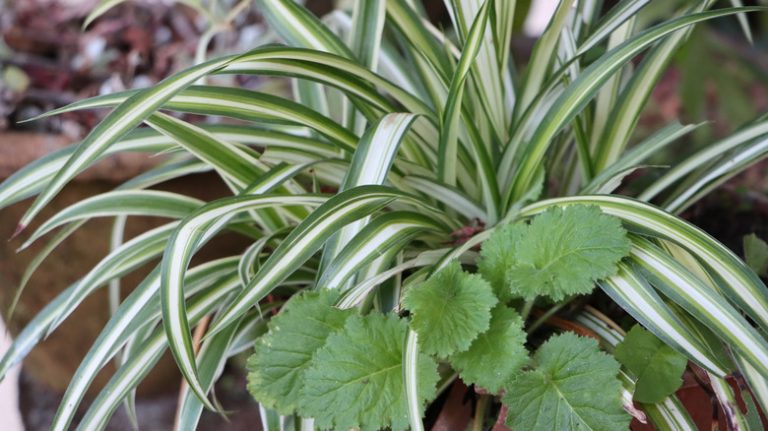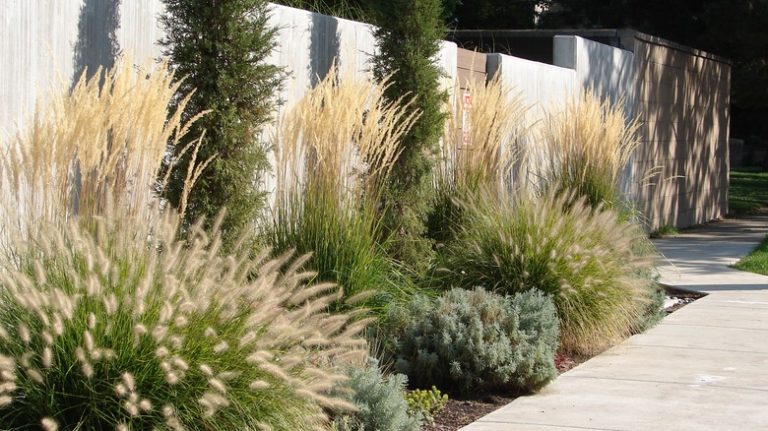Whether you’re a seasoned gardener or have little experience, taking care of your lawn is no mean feat, and despite your best efforts, you may notice that your ryegrass or fescue is not thriving as it should. So, what’s the problem? As it turns out, the wrong watering schedule and infrequent watering could cost your lawn’s health. Even if it seems trivial, it can make all the difference in whether it thrives or shrivels away into the abyss, as not only can it leave you with a limp-looking outcome, but it may also be costly in the long term when you have to repair or replace it. However, this nightmare scenario doesn’t end there.
As a result of this mistake, you will have to wait even longer to create a lush environment that you’re proud of, as ryegrass lawns can take up to two weeks to pop up, per Grass Seed Online, and you’ll likely want to avoid it if you want your garden to look full of life. Not to mention that your dodgy techniques may begin to test your patience if you have to repeatedly rectify the issue. But why exactly do these particular errors have such a substantial impact in your backyard?
Infrequent watering can impact grass roots
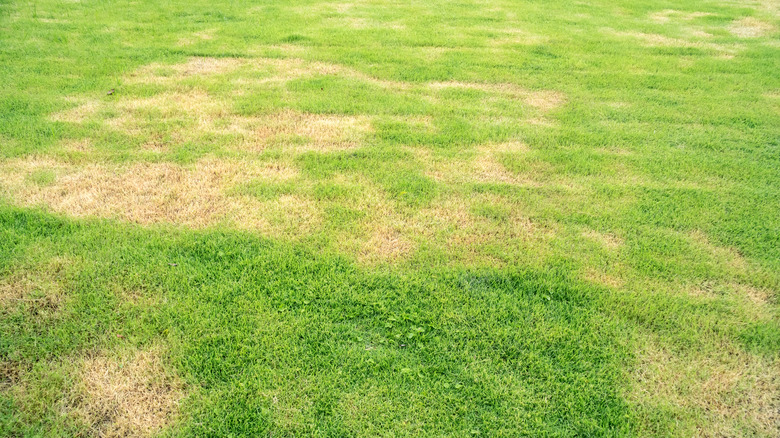
Although it may seem like no big deal to miss a day or two of watering your fescue or ryegrass lawn, this error could have a significant impact on its overall health. Not only will it dry it out, but it can also have a negative impact on the root systems, making it harder for it to spring to life in your garden. Water is an essential part of the recipe to help support the early stages of grass seed growth, so getting this correct is vital. Both species require up to half an inch of water every seven days.
If this sounds like a familiar scenario, then your watering habits may be to blame for your suffering greenery. On the other hand, using too much water can also be another mistake when it comes to your ryegrass or fescue, as again, it can harm the root systems. If you’re new to gardening, then it can be an easy mistake to make, and getting the correct balance is critical here. Luckily, it’s not too hard to achieve.
Consistency is key with ryegrass and fescue
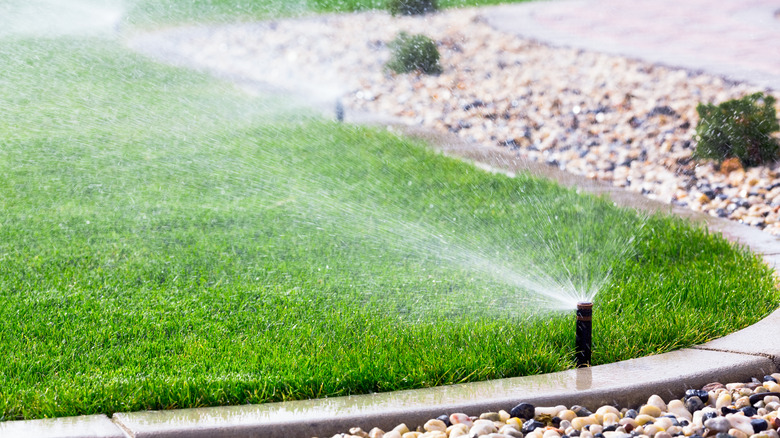
If you want the growth of your ryegrass or fescue lawn to be successful, then consistency is key when taking care of it. Instead, you need to stick to attending to it every morning in order to see the best results and prevent it from dying. Neglecting this need is one of many bad habits that can destroy your lawn, and to support the process, co-founder of the lawn care company GreenPal, Gene Caballero, explains to the online publication Home & Gardens another helpful tactic you can implement: “If you are using a sprinkler, make sure to adjust the sprinkler head so that the water is not hitting the leaves of the grass,” which will help to keep it in good condition.
Nevertheless, it’s important to note that you won’t need to keep this up forever. Once your ryegrass or fescue has fully grown, you should be able to cut back to watering it several times a week rather than every day. Of course, be sure to make adjustments if you suspect you are over or underwatering your lawn, and although challenging, you should be able to keep it thriving if you follow the correct steps.

